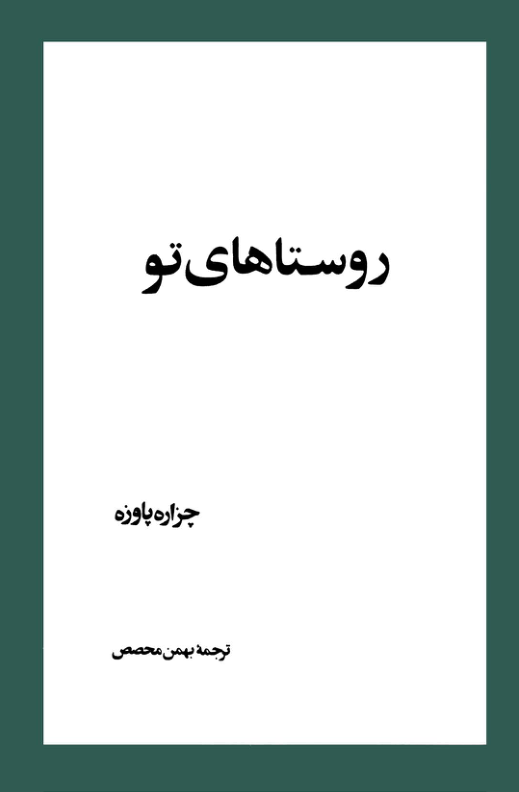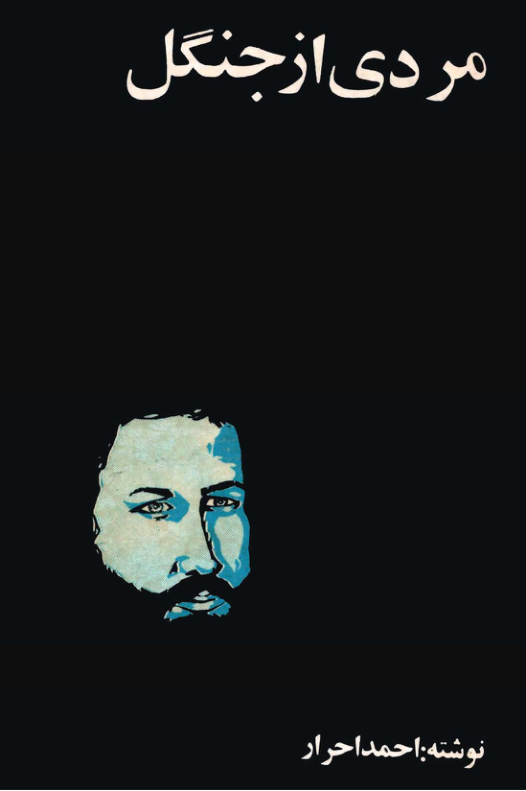Iranian history was long told through a variety of stories and legend, tribal lore and genealogies, and tales of the prophets. But in the late nineteenth century, new institutions emerged to produce and circulate a coherent history that fundamentally reshaped these fragmented narratives and dynastic storylines. Farzin Vejdani investigates this transformation to show how cultural institutions and a growing public-sphere affected history-writing, and how in turn this writing defined Iranian nationalism. Interactions between the state and a cross-section of Iranian society—scholars, schoolteachers, students, intellectuals, feminists, and poets—were crucial in shaping a new understanding of nation and history.
 کتاب سل Ketab Sell | کتاب سل، بزرگترین منبع کتاب و جزوههای دانشجویی
کتاب سل Ketab Sell | کتاب سل، بزرگترین منبع کتاب و جزوههای دانشجویی









Reviews
There are no reviews yet.